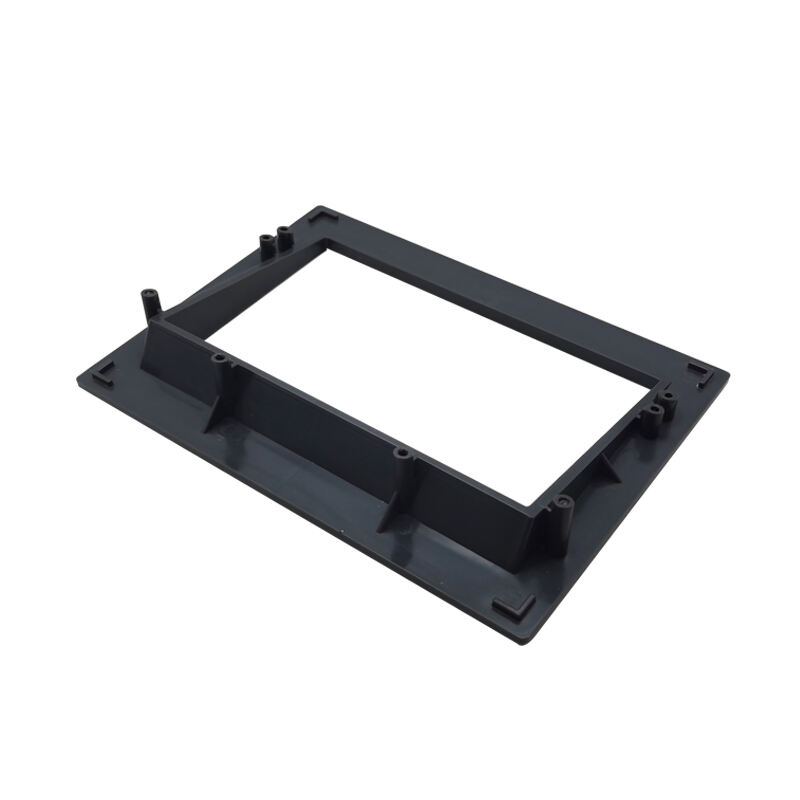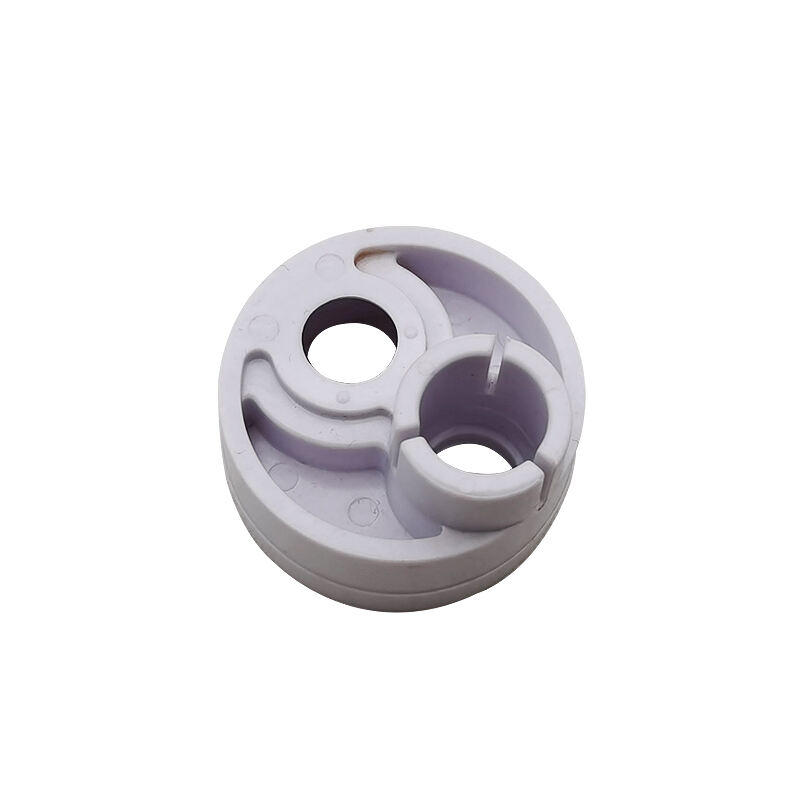plastic moulding parts
Plastic moulding parts represent a cornerstone of modern manufacturing, offering versatile solutions for producing complex components with exceptional precision and consistency. These parts are created through various molding processes, including injection molding, blow molding, and compression molding, each suited to specific applications and requirements. The manufacturing process involves heating plastic material until it reaches a moldable state, then forcing it into a precisely engineered mold cavity where it cools and solidifies into the desired shape. These components can be manufactured using a wide range of thermoplastic and thermoset materials, each offering unique properties such as heat resistance, durability, flexibility, or chemical resistance. The technology allows for the creation of both simple and intricate designs, from basic household items to complex automotive and medical components. Modern plastic moulding incorporates advanced features like automated quality control systems, precision temperature management, and computer-aided design integration, ensuring consistent product quality and reducing waste. The versatility of plastic moulding parts extends across numerous industries, including automotive, consumer electronics, medical devices, and aerospace, where they serve critical functions in both structural and aesthetic applications.


